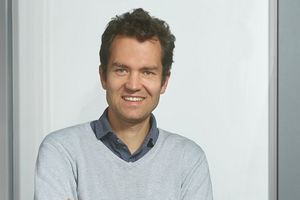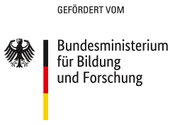This project focusses on the interconnected problems of measuring and predicting health and well-being. Health and well-being exist at two levels: within the individual, where we may observe or measure a patient’s genetics, medical history and life course; and at the societal level, where the effect of the physical and socio-political environment might be apparent. Many public health epidemiologists hold that societal welfare and individual well-being are intrinsically linked. It may follow, therefore, that learning the dynamics of socio-political events can aid understanding of individual well-being, and vice versa.
We consider the world of events from two perspectives. ‘Events as output’ encompasses time-toevent analysis, where the task is to estimate the risk of an (adverse) event or the time until it occurs. ‘Events as input’ encompasses intensive longitudinal data analysis or the analysis of irregularlyspaced time series. In both areas, a key challenge is extracting useful features from high-dimensional, complex or dependent data structures to predict an outcome, be it dynamic or static. Existing machine learning tools and methods may need to be extended and adapted to handle such tasks.
The project explores methods of selecting and extracting features from whole genome data for survival problems (individual health), the effect of different levels of data aggregation on spatiotemporal models (societal health) and the challenges behind building a transparent, explainable and useful data science pipeline for such complex temporal data. A particular focus is paid to automation of the data cleaning process, as well as to effective combination of scientific and machine learning knowledge on problems where data are messy, sparse or only available in aggregate form.
Utility of the developed models and pipelines will be demonstrated through the collation of appropriate benchmarks and open data sets and application to several real-world problems, ultimately culminating in implementation as tools designed for the use of stakeholders and policymakers.

 Prof. Dr. Sebastian Vollmer
Prof. Dr. Sebastian Vollmer
